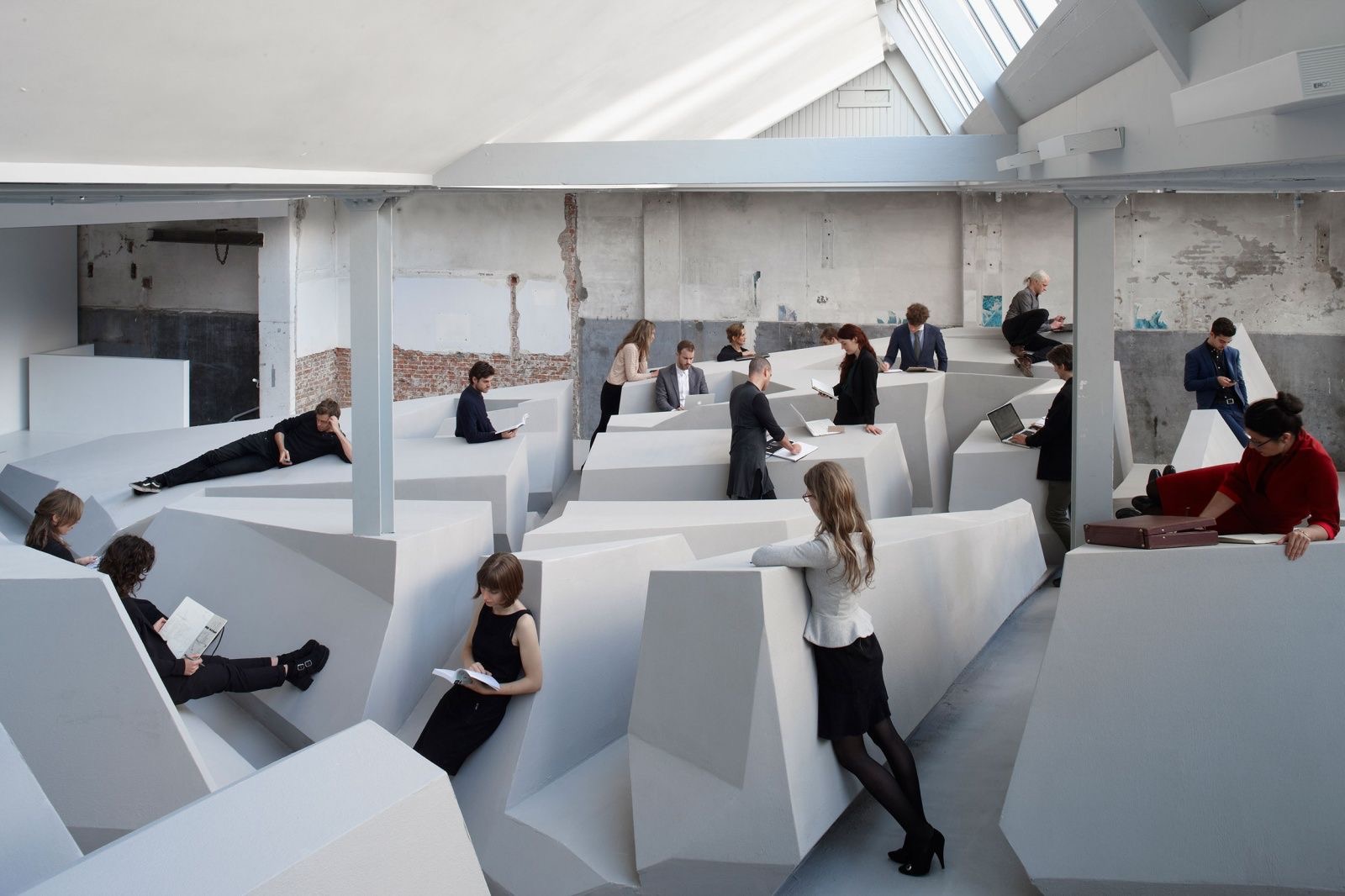Go back. Go back to where you once belonged. It’s fantastic.
I’m heading to the Writers’ Toolkit event and have found myself walking by a place I worked at twenty years ago. It was Apricot Computers on Vincent Drive – I wrote manuals for them – and it’s now something to do with Birmingham University. The odds that any of this could mean anything to you are zero.

But it means a lot to me. I look at this building and even at that road sign and the first rushing feeling I get is that I knew nothing when I was there. Which must mean I know something now. That’s rather a good feeling. I’m not used to that.
Part of it is the surprise of coming across this place so unexpectedly. That’s definitely a big part of it.
You can’t really manufacture surprise, though. Not about a building. But I also get and clearly recognise that I get a similar thing every time I work at the Library of Birmingham.
It’s new and most of this is the coincidence of it being recently opened. I loved the old Central Library but I associate it with all the research work I did there for Radio Times.
Central Library was where I worked for someone else. And now I work so much and so often at the Library of Birmingham yet every time it is for me. It’s for my business.
I’ve been freelance since the 1990s so I shouldn’t just be feeling this now. But I am. And it’s because of the places I go and the times I went there before.
And the times I had there too.
Go back, okay? Take a look at your old places and take a look at yourself there. It’s pretty good.

